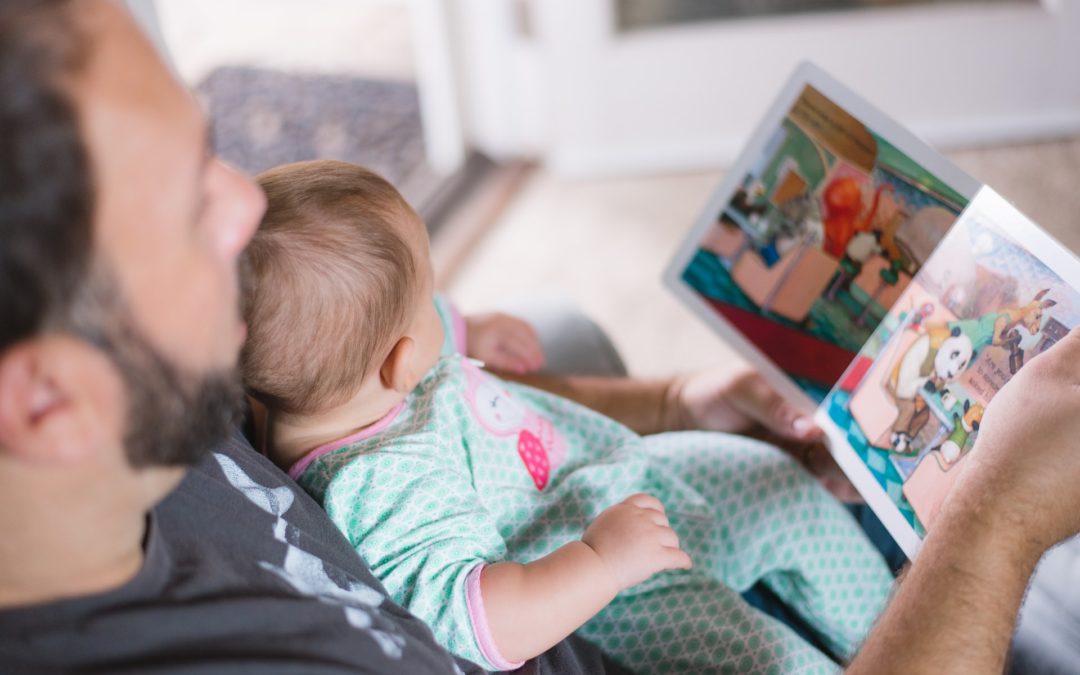
Child Custody Rights for Fathers in NSW
Understanding Australian Child Custody Laws
Australian child custody laws recognise that fathers have an important role in the caretaking of children by the creation of an equitable agreement between parents that is first and foremost in the best interests of the child. There is a common misconception that mothers retain primary custody of children because they are traditionally viewed as more suitable for the role of primary carer. On the other hand, fathers were considered less likely to retain custody because they were considered more likely to be employed and have a better overall earning potential.
In Australia, child custody laws provide the equitable foundations for a fair child custody split between parents, however there may be many equitable reasons as to why an even split is unattainable.
Research from the Australian Institute of Family Studies
The Australian Institute of Family Studies has recently found that approximately half of mothers would prefer to see increased paternal involvement in their children’s lives. In the same study, a majority of fathers also expressed a preference for increased involvement. Interestingly, the fathers cite the following most common factors that prevent such involvement:
- Work commitments;
- Belief that the child’s mother would oppose more involvement;
- and Physical distance/travel costs.
Child Custody Laws
Australian child custody laws have been reformed in this area to make it clear that there are no specific parents’ rights and that there is no legal distinction between fathers and mothers in terms of child custody. The Court is instead governed by, and legally obliged to consider, the child’s rights and best interests above all else.
The Family Law Act 1975 (Cth) covers diverse matters such as divorce and separation, parenting arrangements, property settlement and financial maintenance of one party by the other.
With respect to parenting matters, the Act states that a “child has a right to be known and cared for by both parents”, without prioritising either the rights of the father or mother. Unless there are allegations of domestic violence or abuse, the Court typically adopt a view that it is in the child’s best interests to spend as much time as reasonably and practically possible with both parents.
How the Family Law Act Applies to Child Custody
When considering parenting arrangements following separation, the court has to determine who the child will live with and spend time with. Both parents have a responsibility for the care of their children, including their financial support. Despite this, the law does not guarantee an equal-shared parenting arrangement in all matters.
If the court does decide that an equal-shared-care regime is not in the best interests of the child, they will try to allocate substantial or significant time to the non-resident parent. The exception is in a case where there is a history of domestic violence or abuse. In the latter case, the Court will prioritise the child’s safety and wellbeing and make appropriate parenting orders.
Further Considerations for Child Custody Rights for Fathers
In determining what is in the best interests of a child, the court will consider the wishes of the child, as well as the nature and history of the relationship the child has with each parent. There might be practical difficulties of long- distance parenting and specific emotional or intellectual needs to consider, as well. Communication between both parents and availability of either parent will also be taken into account.
Conclusion
The family law legislation does not enable the court to take into consideration stereotypical gender roles. Rather, the court’s decisions are strictly governed by the principle of the children’s best interests. If you have any questions with respect to parenting arrangements of your children, please contact Etheringtons Solicitors for advice on (02) 9963 9800 or contact us via our contact form.
